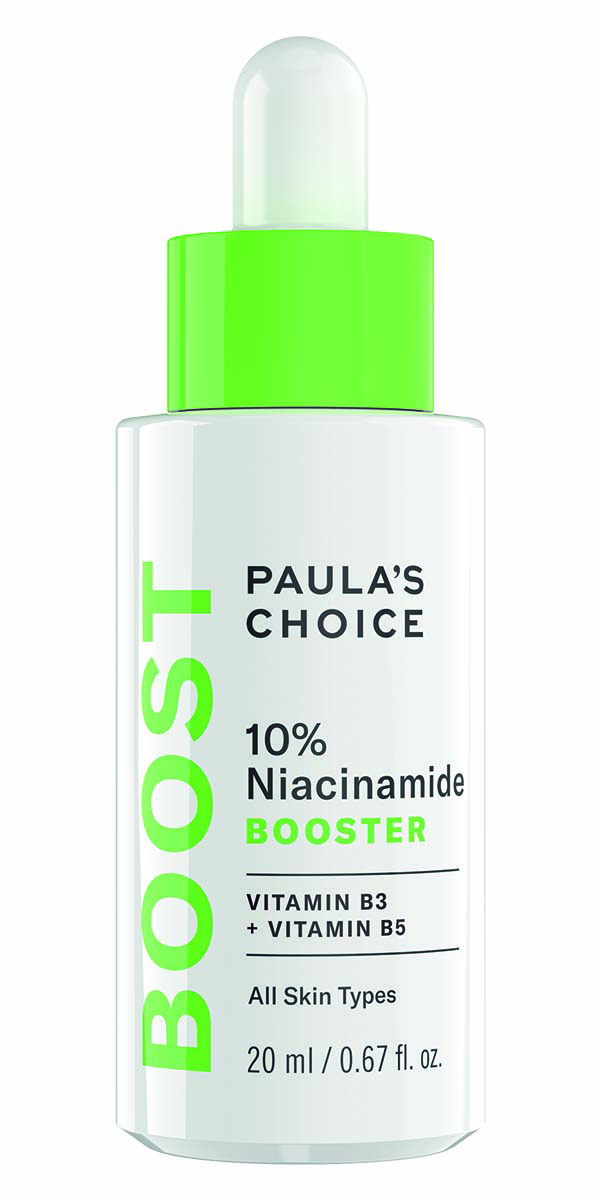
The Future of Skincare: Biotechnology & Trending Ingredients 2025
The skin care industry is developing rapidly and is increasingly relying on innovations from biotechnology. In 2025, the focus will be on ingredients that are intended to promote both general skin health and cell longevity. We take a look at this year’s most exciting ingredients and explain why these science-backed trends could revolutionize the beauty world.
Biotechnology Ingredients: The Next Generation of Skincare
1. Exosomes Exosomes are microscopic vesicles released by cells to serve as a means of communication and activate other cells.
In skin care, they serve as targeted regeneration aids because they: Stimulate collagen and elastin production, making the skin more elastic.
Reduce inflammation and soothe skin problems such as redness and irritation.
Strengthen the skin’s protective barrier to make it more resistant to external stressors.

2. NAD+ (nicotinamide adenine dinucleotide)
NAD+ is a coenzyme that plays a key role in energy production and repair processes in cells. As we age, NAD+ levels decrease, making the skin less efficient at repairing environmental damage.
The benefits of this power ingredient:
Promote DNA repair to combat photoaging.
Protection against oxidative stress through the activation of enzymes such as sirtuins.
Support cell regeneration for smoother and more elastic skin.
3. Polydeoxyribonucleotide (PDRN) from fish sperm
PDRN, a DNA building block derived from fish sperm, has proven to be exceptionally effective for cell regeneration.
The main advantages:
Promote wound healing and repair of damaged tissue.
Support natural regeneration by stimulating fibroblasts, which are responsible for collagen production.
Antioxidant properties that neutralize free radicals and make the skin more resilient.
The mentioned properties of these ingredients come from preliminary research – however, little is known about their actual mechanisms when used on the skin. But one thing is certain: Ingredients from biotechnology continue to be heavily researched and are becoming increasingly important.
Longevity & Epigenetics: A New Age of Anti-Aging Skin Care?
Epigenetics is an exciting field of research that studies how external factors such as environment, diet, stress or skin care can influence the activity of our genes without changing the structure of DNA.
In skin care, this means that active ingredients such as exosomes and NAD+ can positively influence epigenetic processes at the molecular level by promoting gene expression that is responsible for repairing cell damage, protecting against free radicals and regenerating the skin. For example, the production of collagen or antioxidant enzymes can be specifically stimulated, resulting in smoother, more resilient and youthful-looking skin.
In addition to biotechnological innovations, both new and proven natural ingredients will continue to be trendy. In 2025, the following will be in the spotlight:
Ectoine: An amino acid derivative and a powerful cell protection agent that strengthens the skin’s protective barrier and reduces inflammation. Ectoine can be obtained from naturally occurring bacteria, but can also be synthesized in the laboratory.
Algae: Rich in antioxidants, they moisturize, protect against free radicals and strengthen the skin’s natural defenses.
Centella Asiatica: Known for its particularly soothing, moisturizing and regenerative properties, the medicinal herb supports wound healing and strengthens the skin structure.


